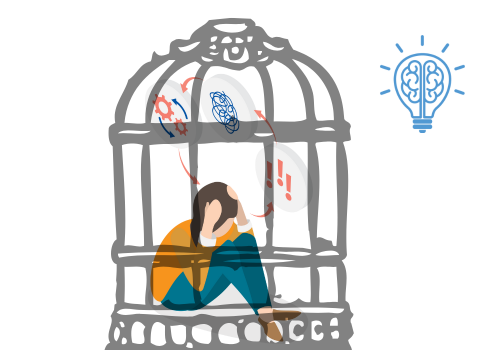What is Role-Modeling?
- Role-Modeling is the process by which individuals influence others through their behaviors, attitudes, and actions, serving as examples to be emulated.
- Effective role models demonstrate positive behaviors and leadership qualities that others, especially younger individuals or peers, aspire to replicate.
- Role-modeling is important in both educational settings, where teachers and mentors can influence students, and in the workplace, where leaders and colleagues set the standard for behavior and work ethic.
Why is Role-Modeling important in education and leadership?
- Influencing Positive Behavior: Role models can inspire and encourage others to adopt positive behaviors, such as responsibility, integrity, and perseverance.
- Shaping Leadership: Leaders who serve as role models can foster a culture of excellence, ethical behavior, and teamwork within their organizations.
- Mentoring and Guidance: Role models provide valuable guidance and support, helping individuals navigate challenges and make informed decisions.
- Building Confidence: Observing the success and resilience of role models can boost confidence and motivate individuals to pursue their own goals.
How can coaching help individuals become effective Role Models?
- Coaching can help individuals develop the self-awareness and leadership skills needed to be effective role models, whether in educational, professional, or personal settings.
- For educators, coaching might focus on modeling positive behaviors in the classroom, such as empathy, patience, and effective communication.
- For professionals, coaching can assist in developing leadership qualities that inspire and motivate others, creating a positive and productive work environment.
- Overall, coaching supports the development of role models who can positively influence and lead others by example.




